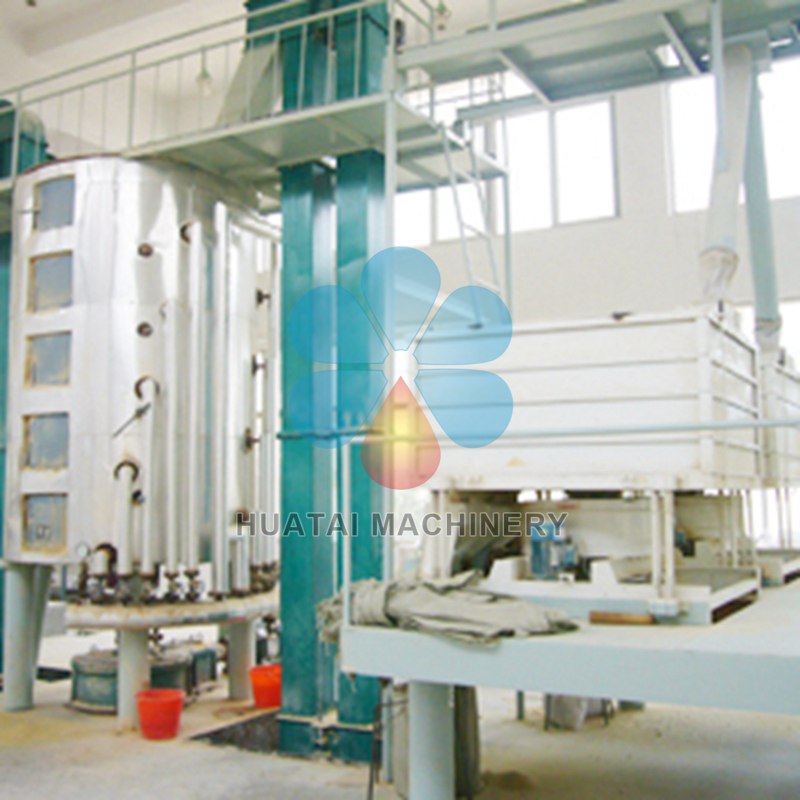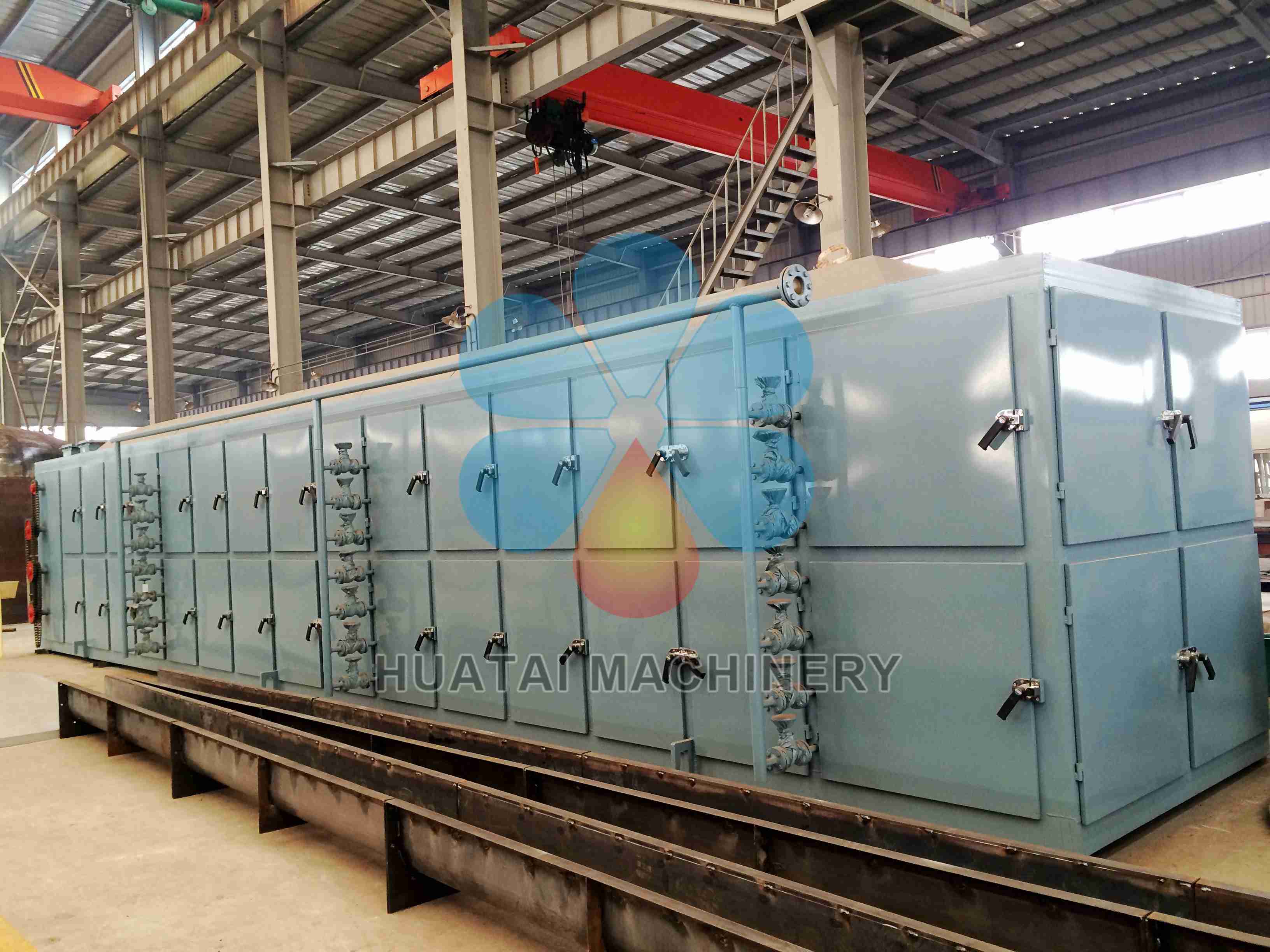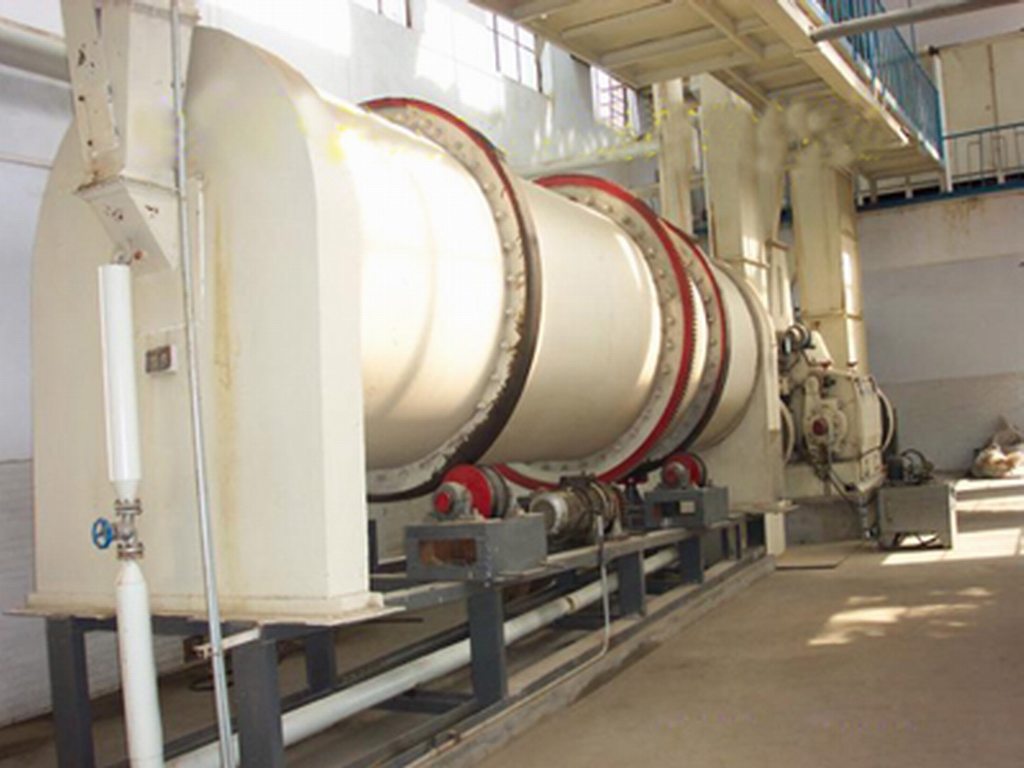Softening is a common preprocessing technique in edible oil production aimed at increasing the yield and extraction rate of vegetable oils. During the oil pressing process, the physical state of the fatty acid glycerides in the softened oilseeds changes, making the oil easier to extract mechanically. Softening also improves the quality of the vegetable oil and reduces oil loss during pressing.
Softening is an important step in the oil processing workflow. It mainly involves adjusting the moisture and temperature of the oilseeds to modify their elasticity and plasticity, making them suitable for flaking. This reduces the powdering and sticking phenomena during flaking. This treatment is primarily applied to oilseeds with low oil and moisture content, and hard texture with poor plasticity, such as soybeans cottonseeds, and rapeseeds. Softening treatment enhances processing efficiency and product quality, laying a good foundation for subsequent oil extraction.

Softening adjusts the moisture and temperature of the oilseeds, giving them suitable elasticity and plasticity, thereby altering their hardness and brittleness, facilitating subsequent processing.
Heating and treatment make the fatty acid glycerides in the oilseeds more fluid and easier to separate, creating favorable conditions for subsequent pressing or solvent extraction.
Proper softening optimizes the physical state of the oilseeds, making it easier to extract oil during subsequent pressing or solvent extraction, thereby increasing the oil yield.
Softened oilseeds are less likely to produce powder and stick during flaking, ensuring the quality of the flakes and reducing equipment wear.

Softened oilseeds have suitable elasticity and plasticity, making it easier for the flaking machine to process them into thin flakes. This form facilitates the separation of oil and solid residues while reducing energy consumption. Additionally, softening provides a good raw material basis for subsequent steaming and frying processes.
Softening changes the hardness and form of the oilseeds, reducing the difficulty and time of subsequent processing, thereby enhancing overall production efficiency.
The softening process ensures that the oilseeds maintain a stable physical state during subsequent processing, which is beneficial for producing stable quality edible oil products.
Softened oilseeds are less likely to stick during flaking, reducing wear and vibration of the flaking equipment, and contributing to the long-term stable operation of the equipment.

The softening process is widely used in the processing of oilseeds such as soybeans, cottonseeds, and rapeseeds, which have low oil and moisture content and hard texture with poor plasticity. Common softening equipment includes layer softening pots, drum softening pots, jacketed softening pots, horizontal steam stirrers, and softening boxes. These devices can be flexibly adjusted and operated according to different types of oilseeds and moisture content to meet production needs.
In summary, softening oilseeds is an indispensable preprocessing technique in edible oil production. Its purposes and roles are crucial for improving production efficiency, ensuring product quality, and extending equipment lifespan.
Huatai Oil Machinery provides good quality oil mill plant, time & fast delivery, perfect after-sale services, and reasonable price, contact us!
Website: https://www.huataioilmachine.com/Copyright @ Henan Huatai Cereals And Oils Machinery Co.,Ltd.